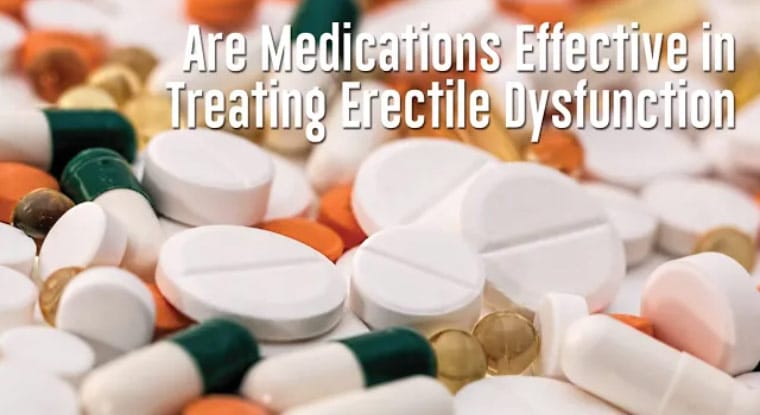KEY TAKEAWAYS:
- Low testosterone can cause symptoms such as fatigue, erectile dysfunction, and lack of energy, negatively impacting a person’s daily life and self-esteem.
- Diagnosing low testosterone involves checking laboratory tests and assessing other hormones that may affect testosterone levels.
- Treatment options for low testosterone include gels and injectable testosterone, which can have a significant positive impact on patients’ lives.
Dr. Amar J. Raval on Low Testosterone
Amar J. Raval, MD, is a urologist in Tampa, FL, specializing in the diagnosis and treatment of urological conditions, including low testosterone. Low testosterone can have a significant impact on an individual’s daily life and overall well-being. In this article, we will discuss the symptoms and treatment options for low testosterone, as advised by Dr. Raval.
Symptoms of Low Testosterone
Low testosterone, or hypogonadism, can present with a variety of symptoms that may negatively impact an individual’s quality of life. According to Dr. Raval, some of the common symptoms associated with low testosterone include:
- Fatigue
- Erectile dysfunction
- Lack of energy
These symptoms can interfere with a person’s daily activities, relationships, and self-esteem, making it crucial to seek appropriate treatment.
Diagnosing Low Testosterone
Dr. Raval explains that diagnosing low testosterone involves checking certain laboratory tests, including subsequent tests to confirm the low testosterone levels. In addition, other hormones that may affect testosterone levels are also assessed.
Treatment Options for Low Testosterone
Once low testosterone has been confirmed, Dr. Raval discusses various treatment options with patients. These options include:
- Gels: Topical testosterone gels are applied directly to the skin and absorbed through the skin’s surface. This method is convenient and relatively easy to administer, although it may cause skin irritation in some cases.
- Injectable testosterone: Testosterone injections are another treatment option for individuals with low testosterone. Injections provide a more direct route of administration, and dosing can be more easily controlled compared to gels.
The Impact of Testosterone Treatment on Daily Life
Dr. Raval emphasizes that testosterone treatment can have a dramatic effect on patients’ lives, including their sexual function, energy levels, productivity, and self-esteem. By addressing the underlying hormonal imbalance, patients can experience significant improvements in their overall well-being and quality of life.
Dr. Amar Raval and Advanced Urology Institute
Dr. Amar J. Raval is a urologist in Tampa, FL, who is dedicated to providing the best possible care for his patients. As a member of the Advanced Urology Institute, the largest urology practice in Florida, Dr. Raval works alongside a team of experienced urologists who share his commitment to excellence in patient care.
By offering comprehensive treatment options and personalized guidance for patients with low testosterone, the Advanced Urology Institute ensures that their patients receive the most advanced and effective treatments available in the field of urology.
TRANSCRIPTION:
My name is Amar J. Raval and I’m with Advanced Urology Institute. There’s plenty of patients who have low testosterone and want to know treatment options for that. They have fatigue, erectile dysfunction, lack of energy, and those can plague them in their daily lives. So generally now with the new screening guidelines with the AUA, we check certain labs. We need to show that they have low T on subsequent labs and we also check other hormones that may affect that. And those that are in need or can benefit from therapy, there’s gels as well as injectable testosterone that can be given to help them in that setting. I think it dramatically affects their lives. Their sexual lives, their energy, their being more productive throughout the day can affect relationships and even their self-esteem. So all of these are huge factors for them.
REFERENCES:
- “Low Testosterone (Low T): Causes, Symptoms & Treatment.” 2 Sep. 2022, https://my.clevelandclinic.org/health/diseases/15603-low-testosterone-male-hypogonadism.
- “Testosterone therapy: Potential benefits and risks as you age.” https://www.mayoclinic.org/healthy-lifestyle/sexual-health/in-depth/testosterone-therapy/art-20045728.
- “Low Testosterone: 12 Signs in Men – Healthline.” 26 May. 2022, https://www.healthline.com/health/low-testosterone/warning-signs.




 Some of the causes of ED include:
Some of the causes of ED include: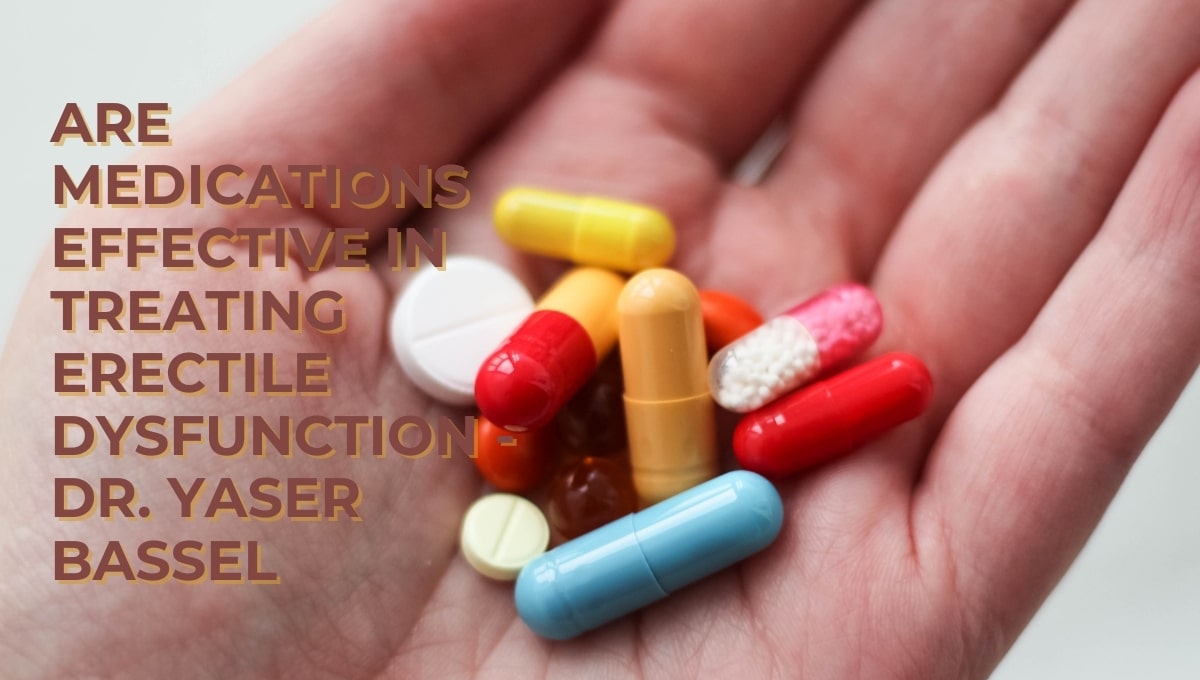

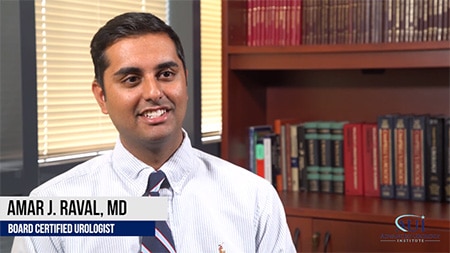 The different
The different 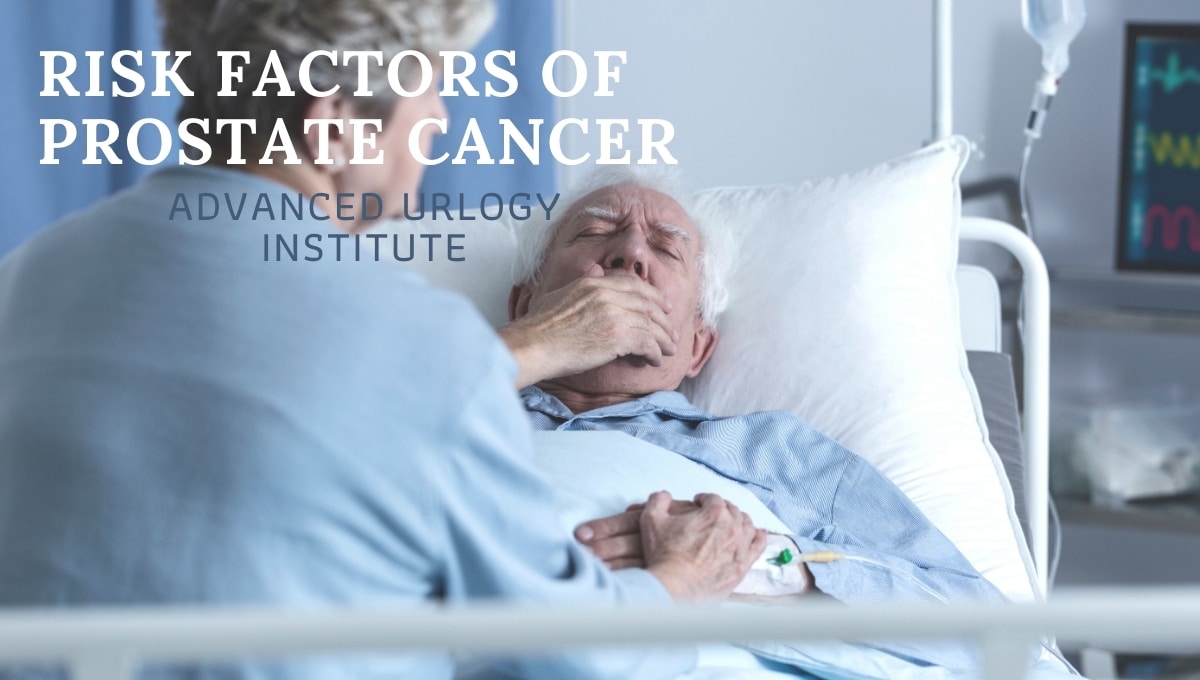
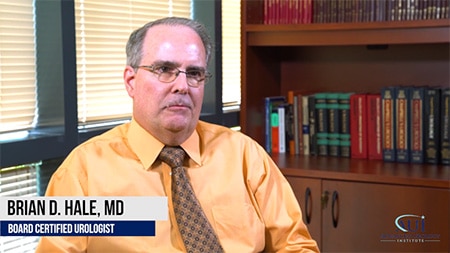 For many men, their prostate cancer will not be aggressive and the symptoms will be manageable. In these cases, urologists rely on active surveillance as the best first treatment option. Rather than risk possibly harmful treatments on a non-aggressive cancer, the urologist will monitor the cancer with routine checkups. Other treatment options will be considered if the cancer becomes more aggressive.
For many men, their prostate cancer will not be aggressive and the symptoms will be manageable. In these cases, urologists rely on active surveillance as the best first treatment option. Rather than risk possibly harmful treatments on a non-aggressive cancer, the urologist will monitor the cancer with routine checkups. Other treatment options will be considered if the cancer becomes more aggressive.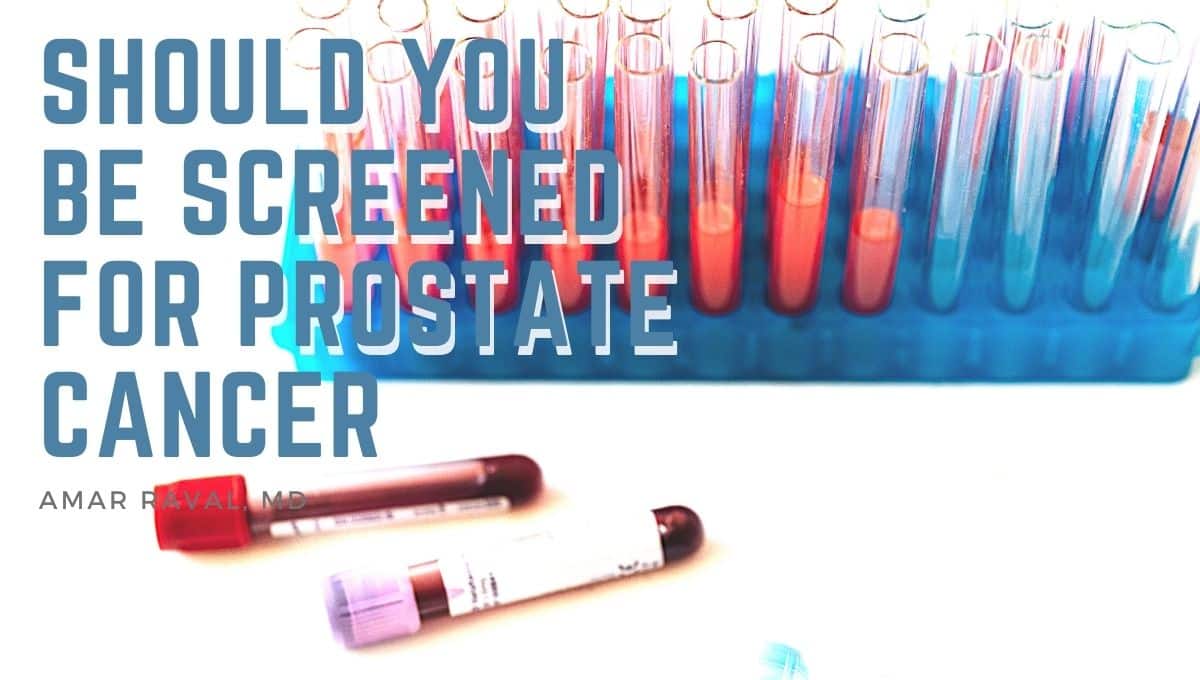
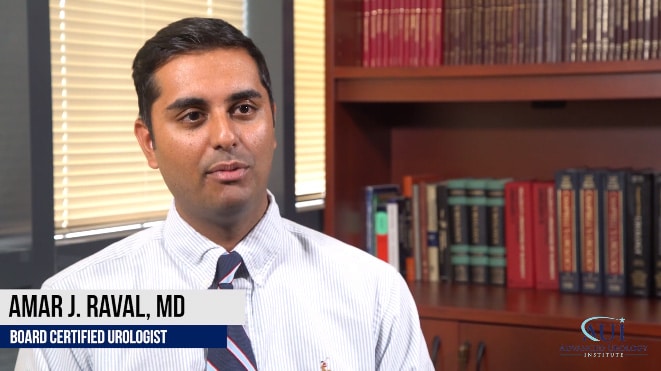 These
These 
 For urologists like
For urologists like 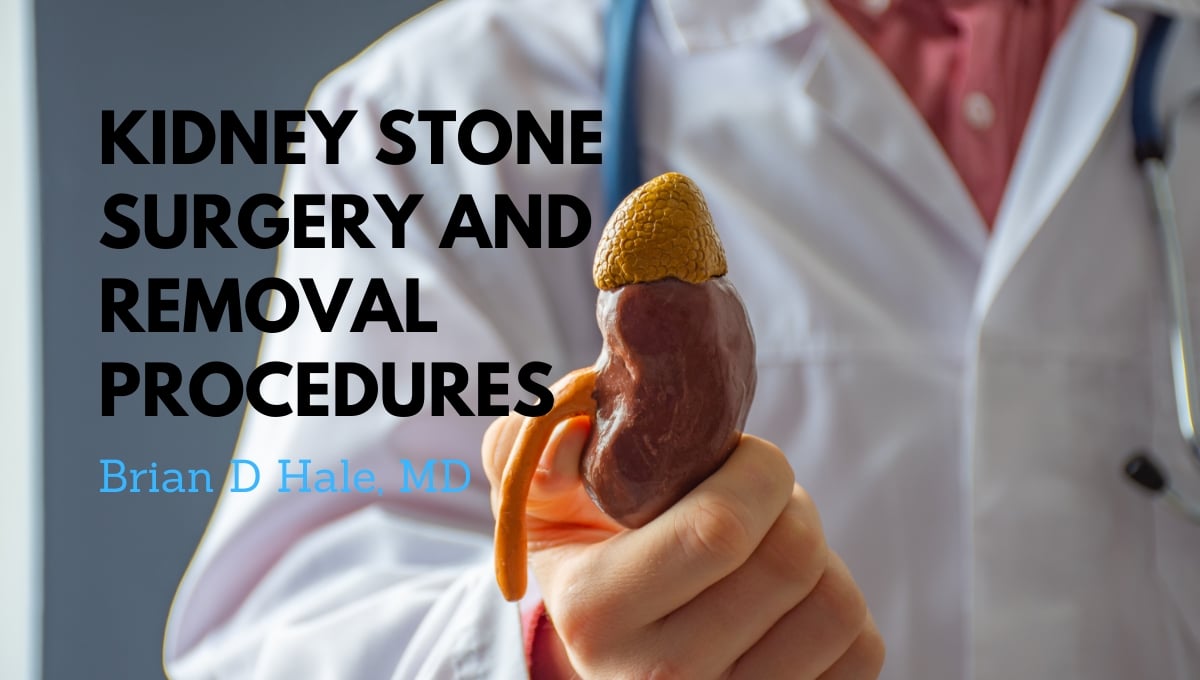
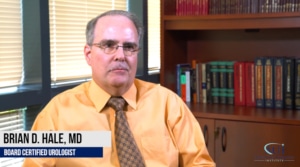 One cutting-edge and noninvasive method for treating kidney stones is called
One cutting-edge and noninvasive method for treating kidney stones is called 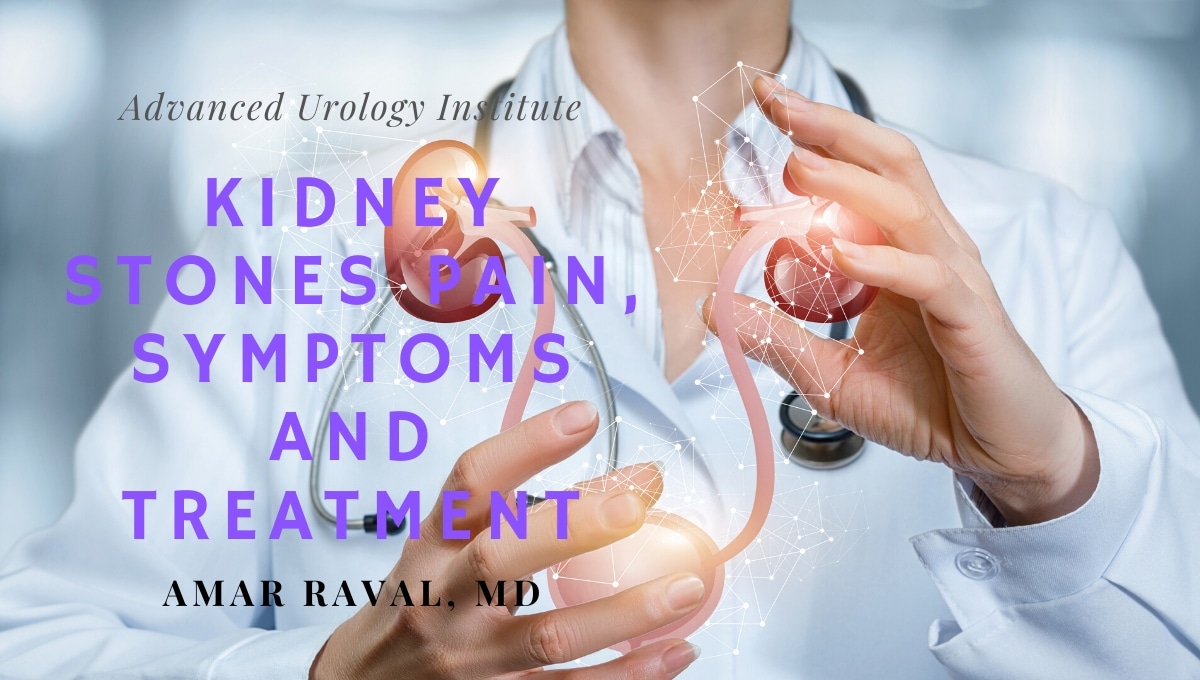
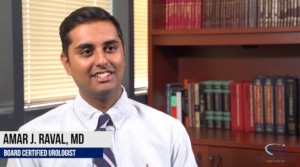 There are numerous
There are numerous 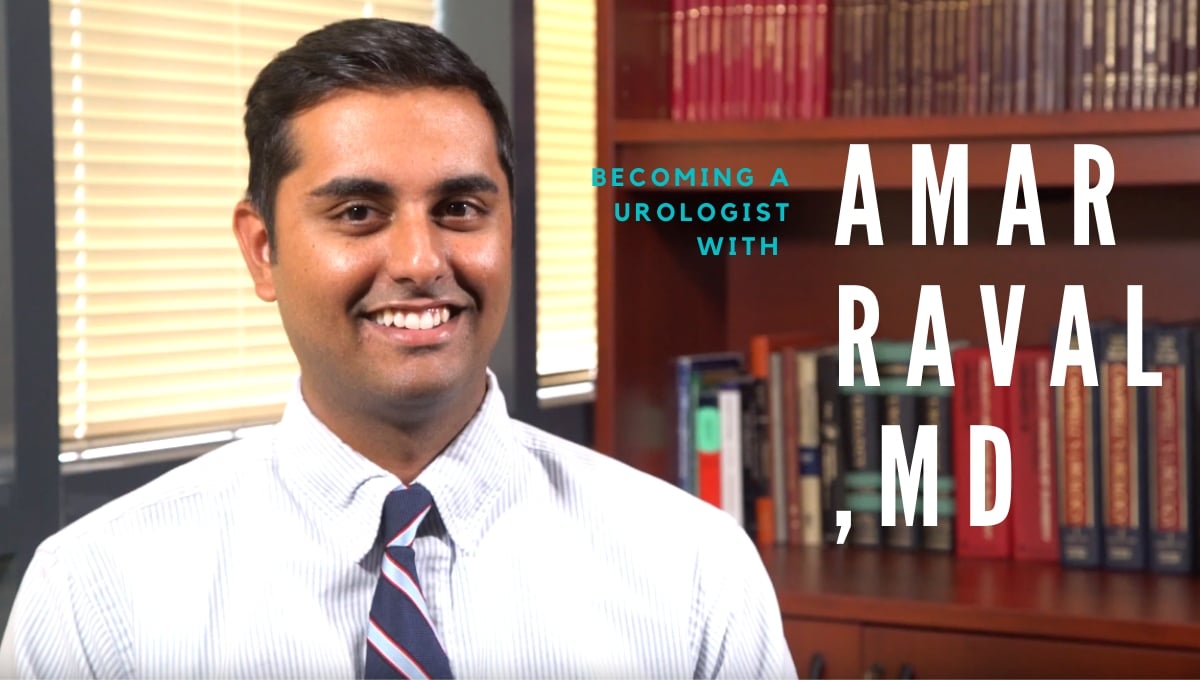
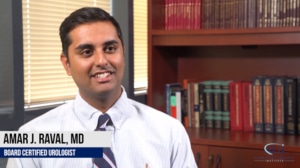 One common problem is kidney stone disease. Kidney stones form for a variety of different reasons. They are particularly common in warm climates, like Florida. Symptoms can vary, but they include severe abdominal pain, nausea, fever, chills, difficulty urinating or
One common problem is kidney stone disease. Kidney stones form for a variety of different reasons. They are particularly common in warm climates, like Florida. Symptoms can vary, but they include severe abdominal pain, nausea, fever, chills, difficulty urinating or 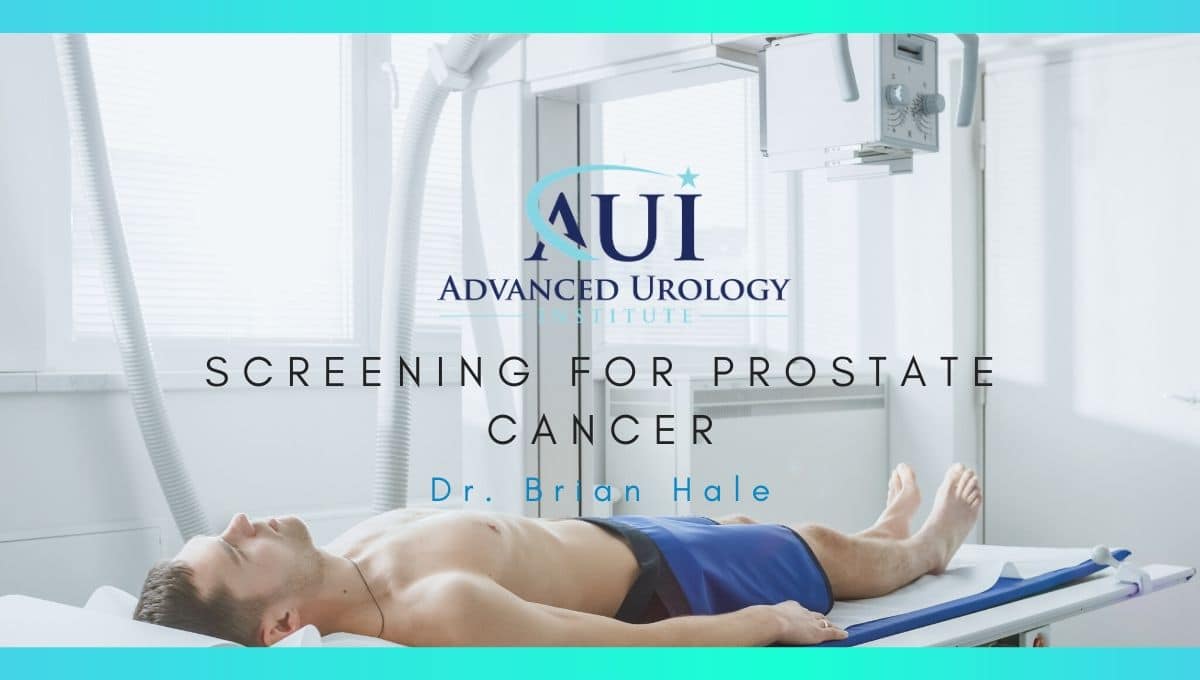
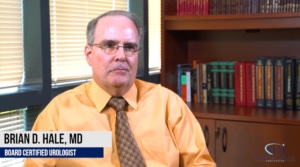 There are pros and cons to PSA screening for prostate cancer. PSA tests can show increases in proteins when cancerous tissue is not actually present. This is called a false positive and can cause a great deal of stress for the patient and lead to more invasive tests that may not be necessary. For these reasons, among others, PSA tests were not recommended to patients for a period of time.
There are pros and cons to PSA screening for prostate cancer. PSA tests can show increases in proteins when cancerous tissue is not actually present. This is called a false positive and can cause a great deal of stress for the patient and lead to more invasive tests that may not be necessary. For these reasons, among others, PSA tests were not recommended to patients for a period of time.